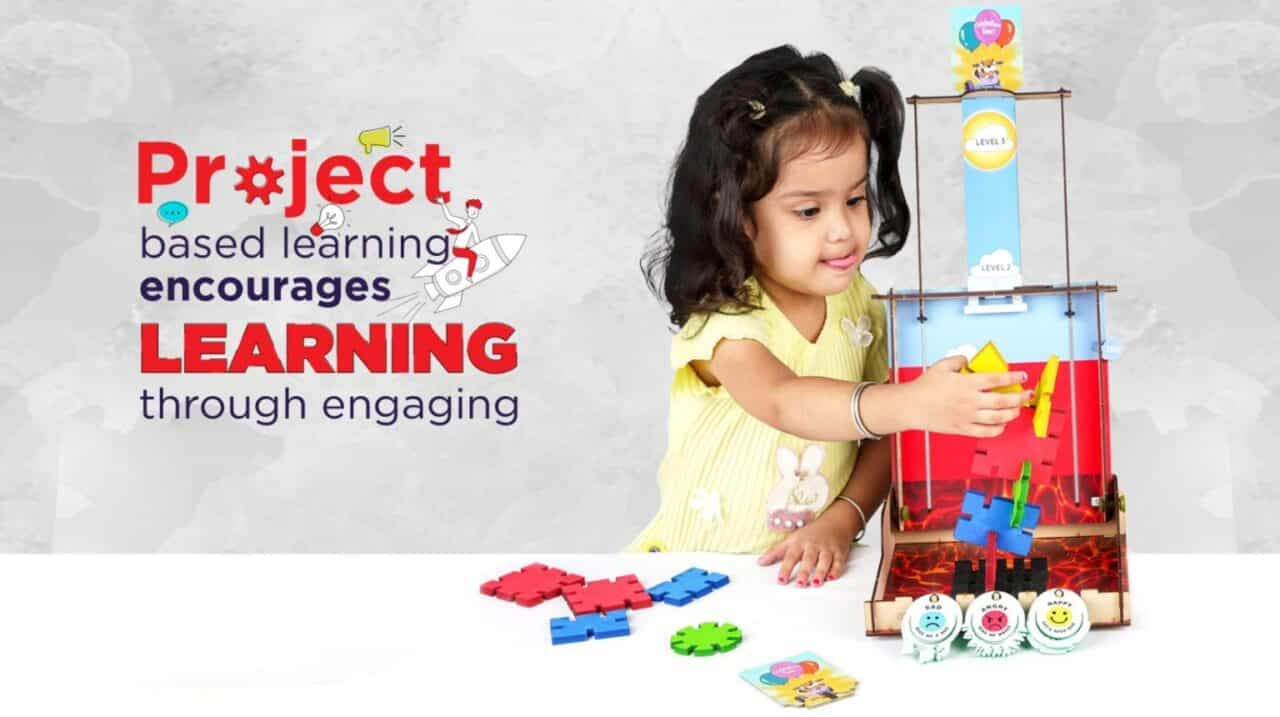Have you ever seen your child’s eyes light up with excitement when they’re creating something entirely new? Do you believe that traditional teaching methods aren’t enough anymore? Well, get ready to embark on an adventure that will transform the way your child learns! This is the magic of Project-Based Learning (PBL).
Project-based learning is a remarkable approach that allows students to explore authentic and pertinent questions while acquiring content knowledge and refining their skills, making education more fun, meaningful, and effective.
At Radcliffe Group of Schools, we’ve embraced PBL, and it’s borne incredible results. We strongly believe that education is about more than just memorising facts from a textbook. It’s about discovering new possibilities, unlocking new potentials, and paving the way for a brighter future. And project-based learning is at the forefront of this vision, providing our students with the skills they need to succeed both in the classroom and in the real world.
Why Project-Based Learning?
1. Project-based learning isn’t just effective at teaching content – it’s also a fantastic way to develop important skills that students will need throughout their lives. Critical thinking, problem-solving, communication, and collaboration are just a few of the skills that can be honed through project-based learning.
2. One of the biggest benefits of project-based learning is that it encourages students to be active learners, driving their curiosity and motivation to discover new things. Rather than just passively absorbing information, students are invited to take an active role in their learning, exploring topics in-depth and pushing their boundaries.
3. With project-based learning, students are not only learning content knowledge but also developing important meta-cognitive skills. This means that they’re learning how to think about their own thinking and approach problems in more strategic ways.
4. Project-based learning is also a fantastic way to develop confidence and a sense of ownership over one’s education. Students who are engaged in project-based learning often feel more empowered and invested in their work, which can help them feel better prepared for future academic and professional challenges.
5. Finally, we should adopt project-based learning because it’s simply more fun and engaging than traditional teaching methods! By allowing for creativity, freedom, and exploration, project-based learning creates a more dynamic and exciting learning experience for students.
8 Essential Elements of Project-Based Learning
At Radcliffe Group of Schools, project-based learning is more than just a buzzword – it’s a fundamental part of our educational approach. We believe that this approach holds the key to unlocking students’ true potential and providing them with the skills they need to succeed in the 21st century. Here are the 8 essential elements of project-based learning that we focus on:
1. 21st-Century Skills:
We believe that project-based learning is an excellent way to develop essential 21st-century skills such as critical thinking, collaboration, creativity, innovation, and problem-solving. Students are challenged to think outside the box, explore new ideas, and collaborate with others to find solutions.
2. Significant Content:
It’s not enough to just teach students information – we want them to deeply understand it. That’s why we focus on significant content – key knowledge, understanding, and concept development that will help our students thrive both in and out of the classroom.
3. In-Depth Enquiry:
Students are encouraged to engage in sustained inquiry, exploring topics in-depth through questioning, resource-finding, and application of information. This allows them to develop a deep understanding of the subject matter and the issues at hand.
4. Driving Question:
A solid project-based learning approach always starts with a challenging question or problem that engages students at an appropriate level. This creates a sense of purpose and relevance, inspiring students to dive deep and find answers.
5. Need to Know:
We believe that learning should always relate to real-world contexts. By providing students with authentic connections, we ensure that they understand the relevance of what they’re learning and can see how it applies to their lives.
6. Student Voice & Choice:
Students play an active role in project-based learning, making decisions about the project and how they work on it. This gives them a sense of ownership and helps them develop a deeper connection to their learning.
7. Revision & Reflection:
Great learning doesn’t just happen in the moment – it happens over time. Students and teachers reflect on their learning continually to see what works and what doesn’t, helping them refine their approach and create better outcomes.
8. Public Audience:
Finally, we believe that all learning should have a public-facing component. Students make their project work public by explaining, displaying, and presenting it to people beyond the classroom. This helps them develop the confidence and communication skills they need to succeed in any field.
Our Initiatives to promote Project-Based Learning at various levels
Project-based learning is an excellent way to encourage students to think critically and creatively and solve problems in a way that traditional classroom learning simply cannot. But there are other ways to promote experiential learning and cognitive development in children, and at the Radcliffe Group of Schools, we have some excellent initiatives to do just that.
1. No Bag Day:
An innovative approach to project-based learning that also gives students a unique break from their routine, the ‘No Bag Day’ idea gives each student an hour of project-based learning in each subject, without the hassle of carrying backpacks. Teachers use special timetables and guidelines to assign projects, including 3D models, scrapbook activities, seminars, quizzes, digital presentations and poster making. Parents receive a material order list a month ahead of time, and students are encouraged to finish their projects during the allotted time. Not only does this foster continuity between sessions, but it also helps students develop vital skills that stay with them beyond the classroom.
2. Student-Led Conference:
Held twice a year, in September and February, this two-hour extravaganza is not to be missed. Parents, prepare to be amazed by your child’s impressive accomplishments and stunning projects. With grade-wise or segment-wise conferences for younger kids, each student is given the opportunity to showcase their multilingual talent through skits, PPT presentations, and exhibitions. As they confidently present to their parents and answer their burning questions, students are sure to leave with newfound confidence in their communication skills and a greater understanding of their personal learning journey.
Conclusion
At the Radcliffe Group of Schools, we firmly believe that project-based learning is the key to unlocking your child’s full potential. By engaging in authentic and relevant learning experiences, your child can become an active, confident, and successful learner. We understand that traditional teaching methods are no longer enough in today’s world, which is why we’re committed to providing our students with a cutting-edge education that prepares them for lifelong success. If you want your child to explore their creativity, build essential skills, and develop a deep love of learning, then enrol them in our holistic education programmes today. Your child’s future starts here!




